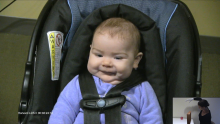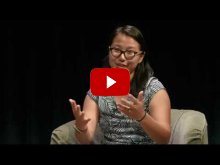| Title | Origins of the concepts cause, cost, and goal in prereaching infants |
| Publication Type | Journal Article |
| Year of Publication | 2019 |
| Authors | Liu, S, Brooks, NB, Spelke, ES |
| Journal | PNAS |
| Date Published | 08/2019 |
| ISSN | 1091-6490 |
| Abstract | We investigated the origins and interrelations of causal knowledge and knowledge of agency in 3-month-old infants, who cannot yet effect changes in the world by reaching for, grasping, and picking up objects. Across 5 experiments, n = 152 prereaching infants viewed object-directed reaches that varied in efficiency (following the shortest physically possible path vs. a longer path), goal (lifting an object vs. causing a change in its state), and causal structure (action on contact vs. action at a distance and after a delay). Prereaching infants showed no strong looking preference between a person’s efficient and inefficient reaches when the person grasped and displaced an object. When the person reached for and caused a change in the state of the object on contact, however, infants looked longer when this action was inefficient than when it was efficient. Three-month-old infants also showed a key signature of adults’ and older infants’ causal inferences: This looking preference was abolished if a short spatial and temporal gap separated the action from its effect. The basic intuition that people are causal agents, who navigate around physical constraints to change the state of the world, may be one important foundation for infants’ ability to plan their own actions and learn from the acts of others. |
| URL | https://www.pnas.org/content/early/2019/08/19/1904410116/tab-article-info |
| DOI | 10.1073/pnas.1904410116 |
Associated Module:
Research Area:
CBMM Relationship:
- CBMM Funded


